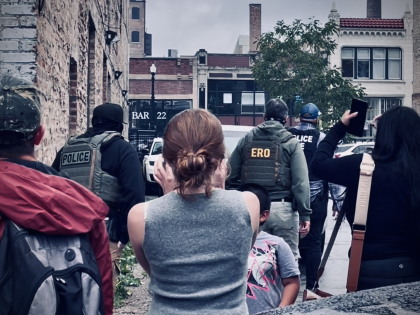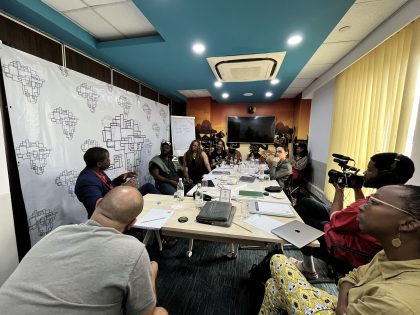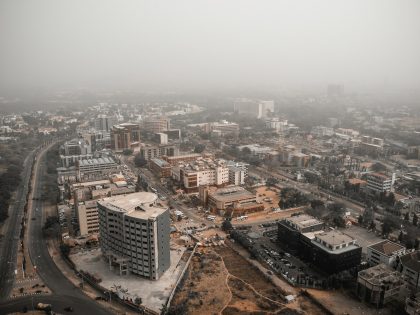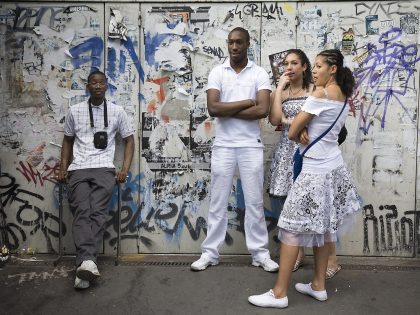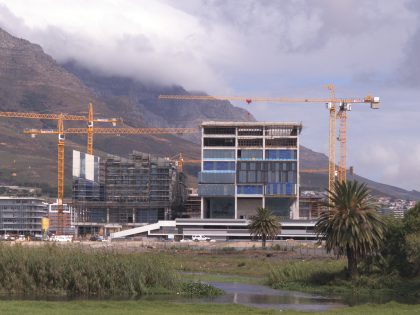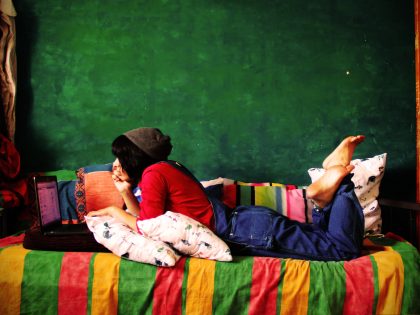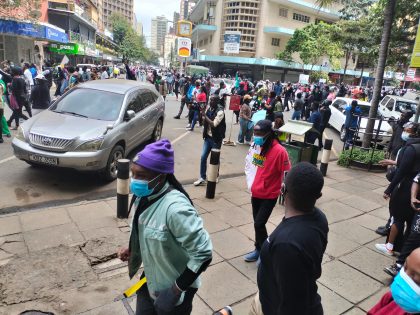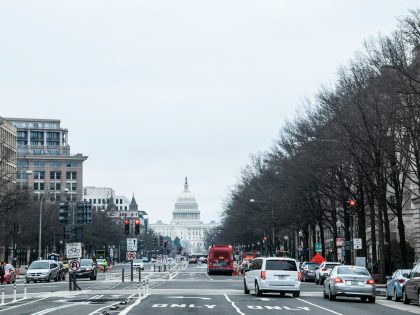'The Black Image In An Era Of Globalization'

My department at The New School is co-hosting a two-day conference on “Re-Mixed and Re-Mastered: Defining and Distributing the Black Image in the Era of Globalization.” I am also a discussant on one of the panels:
From Friday, April 8 through Sunday, April 10, this three-day conference examines the largely overlooked impact that different modes of distribution have on content creation and format of works by and for the African American community. The failures of top-down distribution models and the advent of multi-directional communication continue to alter the evolving landscape of available content and its mediums. Central to the conference is the question of how to continue to create and distribute content that challenges the dominant narrative but that maintains its cultural relevancy.
The Re-Mixed and Re-Mastered (R2) conference brings media makers, industry professionals, students and scholars of media, and film enthusiasts into a dialogue on increasing and diversifying the global distribution opportunities for media makers of color. This conference is intended to foster and strengthen a networked community committed to enhancing the visibility of high quality, independently produced media from around the world. The weekend will include screenings, panels, and workshops with media makers, cultural critics, and scholars from across the globe, as well as major industry decision makers and artists whose work speaks to issues both inside and outside the mainstream. We will present screenings of recently completed works and works-in-progress across formats, case studies, and DIY distribution techniques, including both firsthand information and alternative representations.
Confirmed guest panelists include: Jill Nelson (U.S.), renowned author and former Washington Post journalist; Frances Anne Solomon (Trinidad/Canada) of Caribbean Tales Worldwide Distribution; Ava DuVernay (U.S.), director/filmmaker, I Will Follow; Tambay Obenson (Nigeria/U.S.) of Shadow and Act: On Cinema of the African Diaspora; and Hlonipha Mokoena (South Africa/U.S.), assistant professor of anthropology at Columbia University, among others.
Featured New School faculty members include Sean Jacobs, Michelle Materre, Fabio Parasecoli, Rafael Parra and Tracyann Williams; participants also include New School alumni working in media, including Jennifer Carr MacArthur and Rucyl Mills.
Location: Theresa Lang Community and Student Center, The New School, Arnhold Hall, 55 West 13th Street, 2nd floor, New York City.



